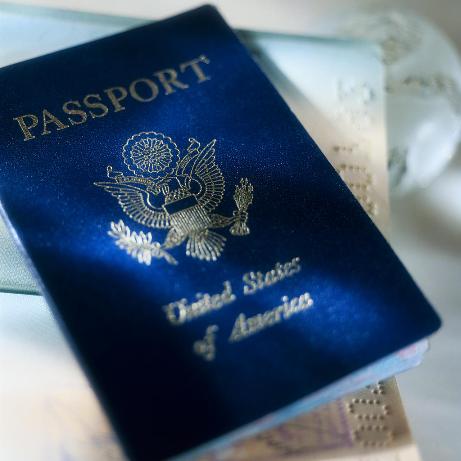Citizenship





A citizen of the United States is entitled to of the rights, responsibilities, and protection granted to him or her by the Constitution of the United States. For immigration purposes individuals with U.S. citizenship have the right to live and work in the United States without restriction. U.S. citizens also have the right to obtain a U.S. passport, valid for travel anywhere in the world. There are three ways a person may become a citizen of the United States. The first way is by birth. One is automatically a citizen if he or she was born in the United States. In this instance, one's birth certificate is proof of citizenship. Citizenship is also acquired if one is born outside the U.S. and is the child of at least one U.S. citizen under certain conditions.
The second way one can become a citizen is by meeting the requirements for citizenship set forth in the Child Citizenship Act, which has been in effect since February 27, 2001. If the child meets these requirements, then he or she is automatically a U.S. citizen even though they were not born a U.S. citizen and did not go through the naturalization process to become a U.S. citizen.
The third way one can become a citizen is through a process called naturalization. Naturalization enables a person who was not born a citizen of the United States to become a United States citizen.
(Updated 10/3/2012 by AG)
For more details information on citizenship, please visit one of the following topics: